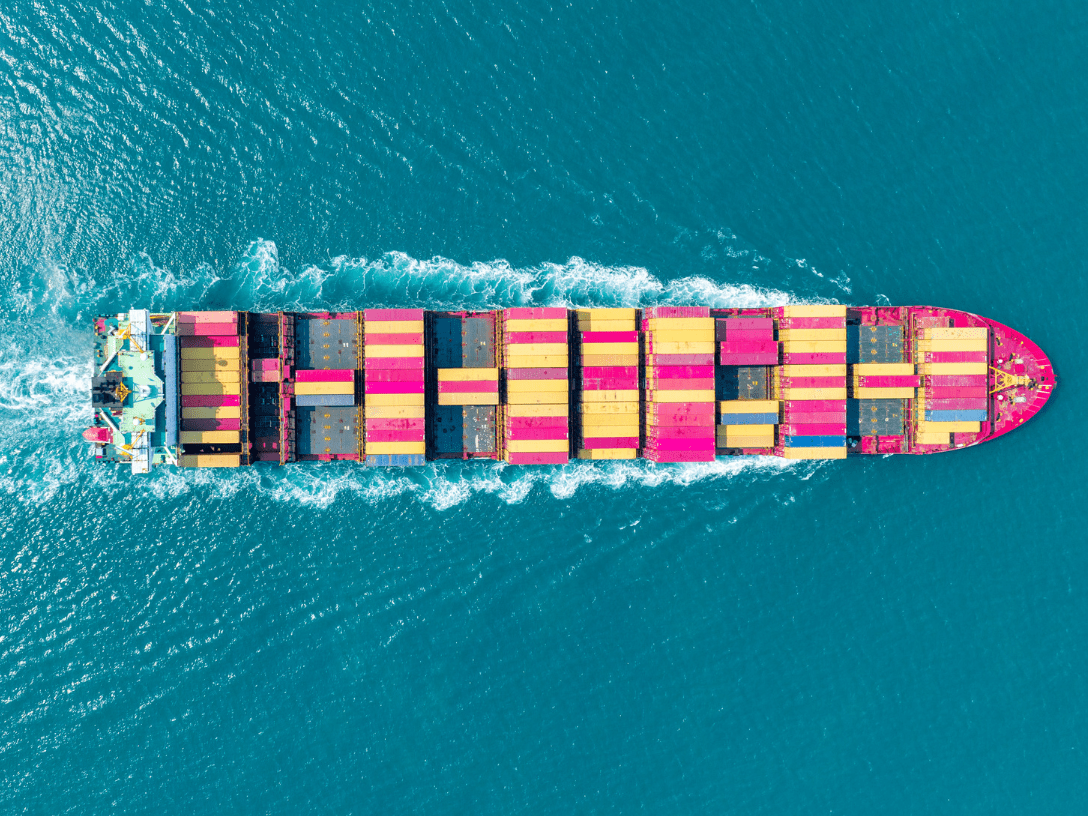The dangers of ‘social washing’: act with authenticity and integrity to avoid risk, save money, and attract customers and talent.
Businesses and consumers are increasingly alert to misleading, false or cavalier claims made by organisations about their environmental and societal performance.
The days when companies could make broad statements about what they do to protect people and the planet without being challenged are over.
Decades ago we started hearing the term ‘green washing’ – where companies overstated or even lied about environmental practices, such as sustainable sourcing, deforestation and carbon reduction. There are many types of ‘washing’ we hear about now, often referred to by the catch-all phrase: ‘social washing’.
What is social washing?
This umbrella term covers all manner of ethical activity, or rather, inactivity, and goes beyond care of natural resources to include labour and human rights, gender equality, modern day slavery and more.
Despite heightened awareness from the procurement profession and the public, there are still plenty of examples of companies trying to pass themselves off as better than they are.
Green-washing
The oil and gas sector, for instance, has been accused of ‘green washing’ its environmental performance by using advertising to appear more climate positive than it is. A common problem across all sectors, the UK government has recently announced plans to crack down on ‘greenwashing’ with the delivery of a “Green Taxonomy” in 2021 – a common framework setting the bar for investments that can be defined as environmentally sustainable.
Pink-washing
The automotive industry has been accused of ‘pink washing’ by showing support to breast cancer charities despite links between the disease and car emissions. USA based charity “think before you pink” launched a campaign against the Ford Motor Company in 2018 claiming their “Put the brakes on breast cancer” campaign was hypocritical pink washing.
Rainbow-washing
In 2018 charity Stonewall and retailer Primark were accused of ‘rainbow washing’ after t-shirts to promote Pride were produced in Turkey, where LGBTQ+ rights are yet to be fully developed.
Blue-washing
While others have been described as ‘blue washing’ – using an affiliation to the United Nations’ Global Compact, perhaps the world’s largest corporate sustainability initiative, to mask unwarranted claims around fair labour practices and human rights.
In some cases it is an intentional effort to mislead, other times it is caused by a lack of awareness or complacency. Either way, for those found wanting – by the public, business customers or NGOs who seek out the worst offenders – it can mean irreparable harm to their reputation and finances.
Ask the right questions, avoid the risk
This can be easily avoided. A small amount of time and money invested in checking on your own performance and that of your supply chain can lead to big returns – as well as untold amounts saved through risk mitigation.
By asking the right questions of yourself, your partners and contractors you can ensure you make better, more informed decisions.
We collect and validate supplier data to help you mitigate these types of risks. Our question sets can determine what action suppliers take on carbon reduction, health and safety, and the efforts they make in the areas of environmental, social and corporate governance (ESG).
We check what certificates suppliers hold, for example, where the gaps and possible risks are and provide recommendations. If an audit is suggested, an auditor visits the supplier and follows a line of enquiry, ensuring nothing is taken at face value.
Manage risk to save money
It’s a process of continual improvement, managing risk through supply chain and helping suppliers to improve their practices.
Greater scrutiny can even lead to savings. Anglian Water, for instance, saves £2m a year and has reduced its operational carbon by more than 60% by proactively measuring and managing carbon over the past decade.
Whether the driver is people, profit and planet, the stakes are high if you get it wrong – but so could the returns be for getting it right.
For more information about how to protect your business, contact us today.


